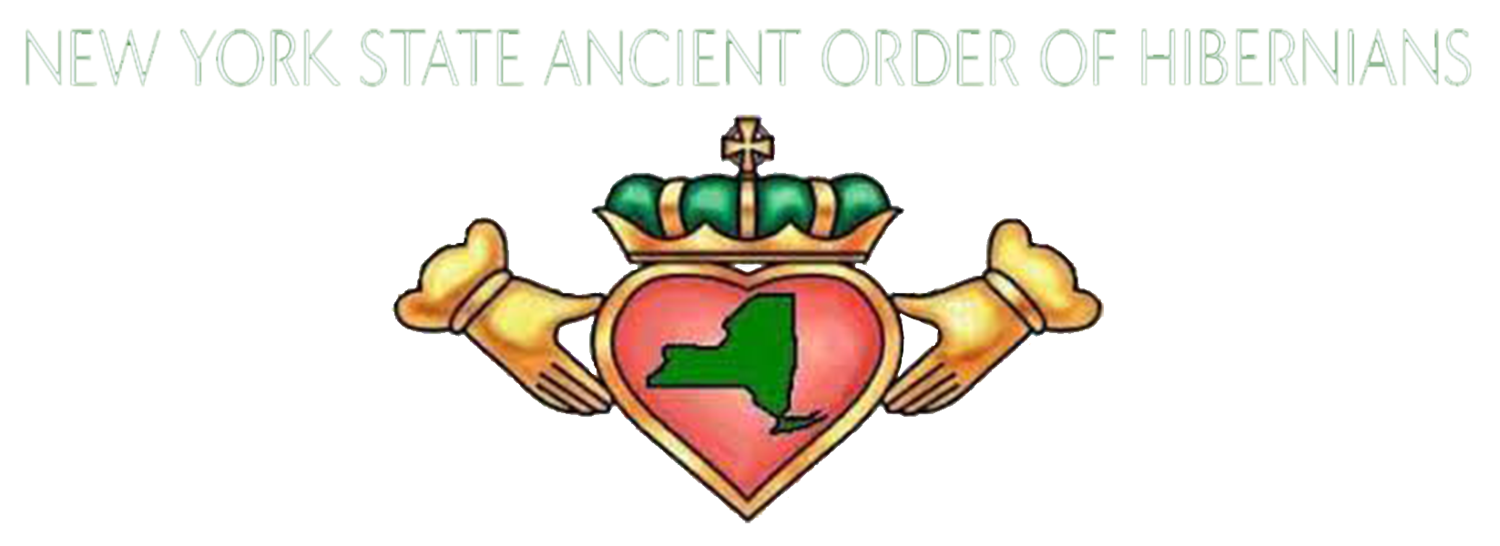Charles Stewart Parnell - Ireland's Uncrowned King
Charles Stewart Parnell was born in County Wicklow on June 27, 1846. He was an Irish nationalist who campaigned for land reform and led the political fight for Irish Home Rule.
Parnell was a Protestant landowner from the class generally considered the enemy of the interests of the Catholic majority. The Parnell family was considered part of the Anglo-Irish gentry who had profited from the oppressive landlord system imposed upon Ireland by British rule. Yet apart from Daniel O'Connell, he was the most significant Irish political leader of the 19th century.
The movement for “Home Rule” began to nominate candidates for seats in Parliament in the late 19th century. Parnell ran and was elected to the House of Commons in 1875. With his background as a member of the Protestant gentry, it was believed he gave some respectability to the Home Rule movement.
In the House of Commons Parnell perfected the tactic of obstructionism to agitate for reforms in Ireland. Feeling that the British public and the government were indifferent to Irish complaints, Parnell and his allies sought to shut down the legislative process. In 1877 he said, “We will never gain anything from England unless we tread on her toes.”
In 1879 Michael Davitt founded the Land League, an organization pledged to reform the landlord system that plagued Ireland. Parnell was appointed the head of the Land League, and he was able to pressure the British government to enact the 1881 Land Act, which granted some concessions.
In October 1881 Parnell was arrested and imprisoned at Kilmainham Jail in Dublin on reasonable suspicion of encouraging violence. British Prime Minister William Gladstone negotiated with Parnell, who agreed to denounce violence. Parnell was released from prison in early May 1882 following what became known as the Kilmainham treaty.
During the 1880s, Parnell was constantly under attack, but he continued his activities in the House of Commons, working on behalf of the Irish Party.
Parnell had been living with a married woman, Katherine "Kitty" O'Shea, and the affair became public knowledge when her husband filed for divorce and made the affair public record in 1889. O'Shea's husband was granted the divorce on grounds of adultery, and Kitty O'Shea and Parnell were married. But his political career was effectively ruined. He was attacked by political enemies as well as by the Roman Catholic establishment in Ireland.
Parnell tried for a political comeback and embarked on a grueling election campaign. His health suffered, and he died of a heart attack, at the age of 45, on October 6, 1891. Parnell's downfall essentially made him a political martyr. His funeral on October 11, 1891, was at Glasnevin Cemetery in Dublin and was attended by more than 200,000 people.
Parnell’s legacy includes the Land Act of 1881, creation of the powerful third force in Parliament using a highly disciplined party that he controlled, the inclusion of Ireland in the Reform Act of 1884 while preventing any reduction in the number of Irish seats, organizing locally at county conventions that taught peasants about democratic self-government, forcing Home Rule to be a central issue in British politics, and persuading the great majority of the Liberal party to adopt his cause.


